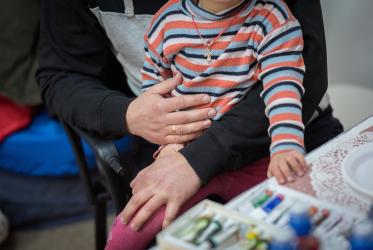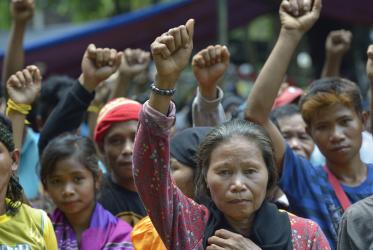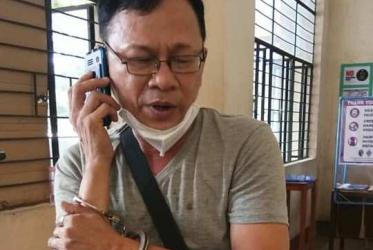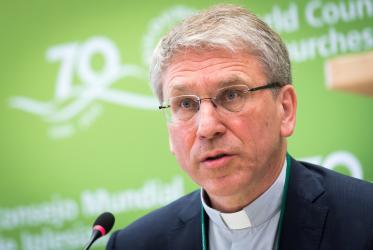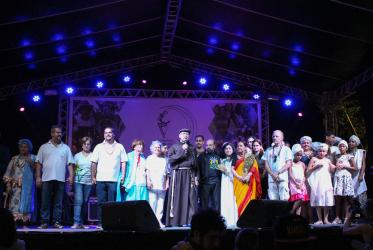Displaying 1 - 20 of 35
WCC organises event on “The Human Rights Situation in the Philippines”
18 September 2019
Voices from Colombia: “What if we have no land to till?”
15 February 2018
In Argentina, stirring journey for human rights continues
01 September 2017
WCC welcomes monitoring of ceasefire in Colombia
01 February 2016






